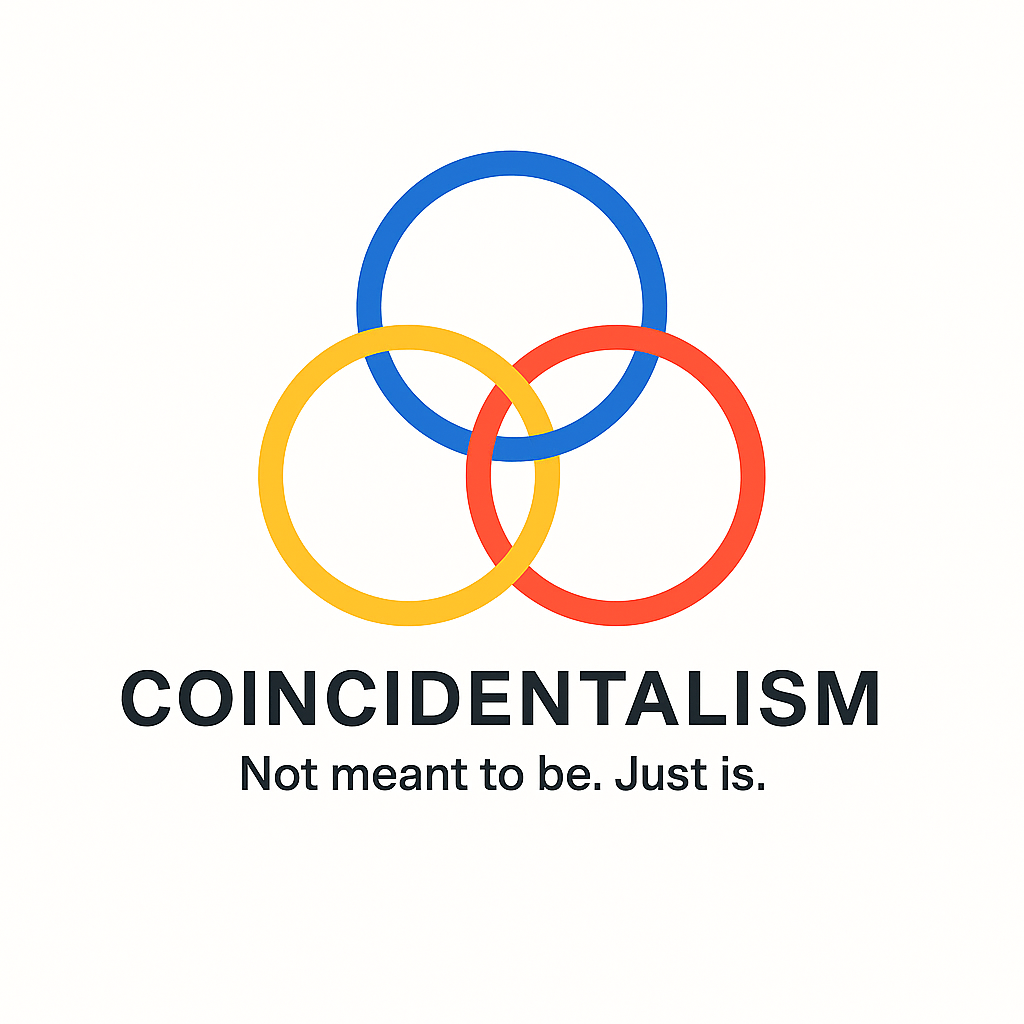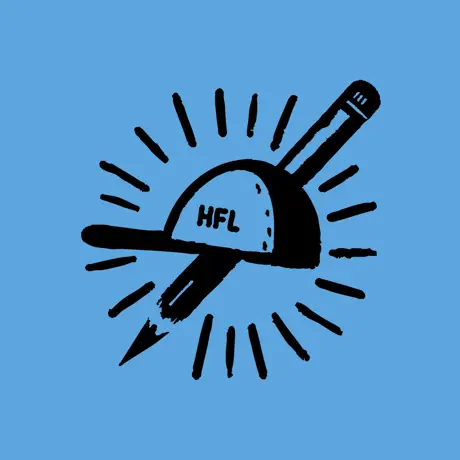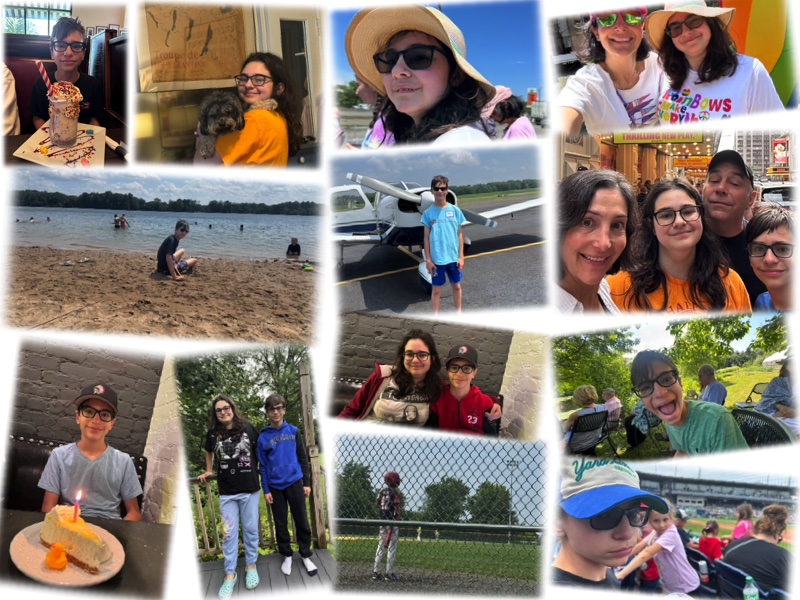There is a thought that has been running through my head for most of my life. A sort of defining principle that has served as a guidepost for many, many years.
I recently articulated it to someone for the first time, and they thought it was useful and worth sharing.
In the 1972 version of The Poseidon Adventure, there is a moment when our small band of heroes, trapped inside an overturned cruise ship, encounter another group of survivors being led by the ship’s doctor toward the bow.
Our heroes are headed to the stern. The bow, they believe, is underwater. A small boy in their party had taken a tour of the ship days before, and he was told that the hull was thinnest in the engine room. Thus it would be the most likely place for a rescue attempt.
A passenger and preacher, who is leading our small band of heroes, pleads with the doctor and his people to turn around and join them on their journey to the engine room. The ship’s doctor refuses, claiming that the engine room has likely been destroyed. He proceeds on, and every member of his party follows. They disappear down an overturned corridor into darkness, never to be seen again.
One of our heroes asks the preacher:
If all those people
think they’re right…
… maybe we should go with them.
I have thought about this moment for as long as I can remember. That scene has returned to my mind thousands of times over the decades since I first saw that film.
If all those people
think they’re right…
… maybe we should go with them.
I think this is how many people live their lives. I think they head to the bow. Follow the path of least resistance. Pursue the same route trodden by so many before them. They blindly fall in line with the thinking of authority figures, family, peers, and colleagues, moving relentlessly in the direction of so many before them, absent of curiosity or skepticism or doubt.
Eventually, they drown. Not in sea water, but in mediocrity and boredom. They drown in unrealized dreams and forgotten passions. They become submerged in the misguided and unquestioned beliefs of those who came before them and those who surround them.
So many times in my life, I have faced a difficult decision. A fork in the road. The choice to take the well trodden path or an uncertain trail. So many times I have stood at one of those crossroads and said to myself, “Head to the stern. Find the engine room. To hell with the doctor.”
Those exact words.
In these moments, I often see that band of doomed survivors in my mind’s eye, heading down a darkened, overturned corridor to their eventual death, and I choose the harder, less traveled road.
Robert Frost wrote:
- I invented a way to cook pizza on a campfire in Boy Scouts when everyone told me it was a ridiculous idea and that hamburgers and chicken were just fine.
- I told my parents after my first CCD class that I could no longer be a Catholic – when everyone in my life was Catholic – because the notion of a Pope was too authoritarian for me.
- I accepted a promotion to manager for a McDonald’s restaurant when I was still in high school even though my friends and family thought I was crazy.
- I agreed to give pole vaulting a try even as my teammates laughed and told me that I would never get my feet off the ground.
- I’ve led Sunday services in several churches as a substitute minister despite reminders by many that I don’t actually believe in God.
The list is endless.
There are lots of ways to say it:
Zig when others zag.
Blaze your own trail.
Take the road less traveled.
I prefer, “Head to the stern. Find the engine room. To hell with the doctor.”
I prefer to think of these moments as Poseidon Adventure moments. A life or death struggle for my future. An all or nothing proposition.
The preacher sadly doesn’t survive his trip to stern. He dies in one final act of bravery that saves his fellow survivors. Three others die along the way, too. But the preacher was right. The path of least resistance offered no salvation to those poor souls who decided to follow the doctor blindly into the dark.
Head to the stern. Find the engine room. To hell with the doctor.
A scene from a 1972 disaster movie that has helped to define my life.










